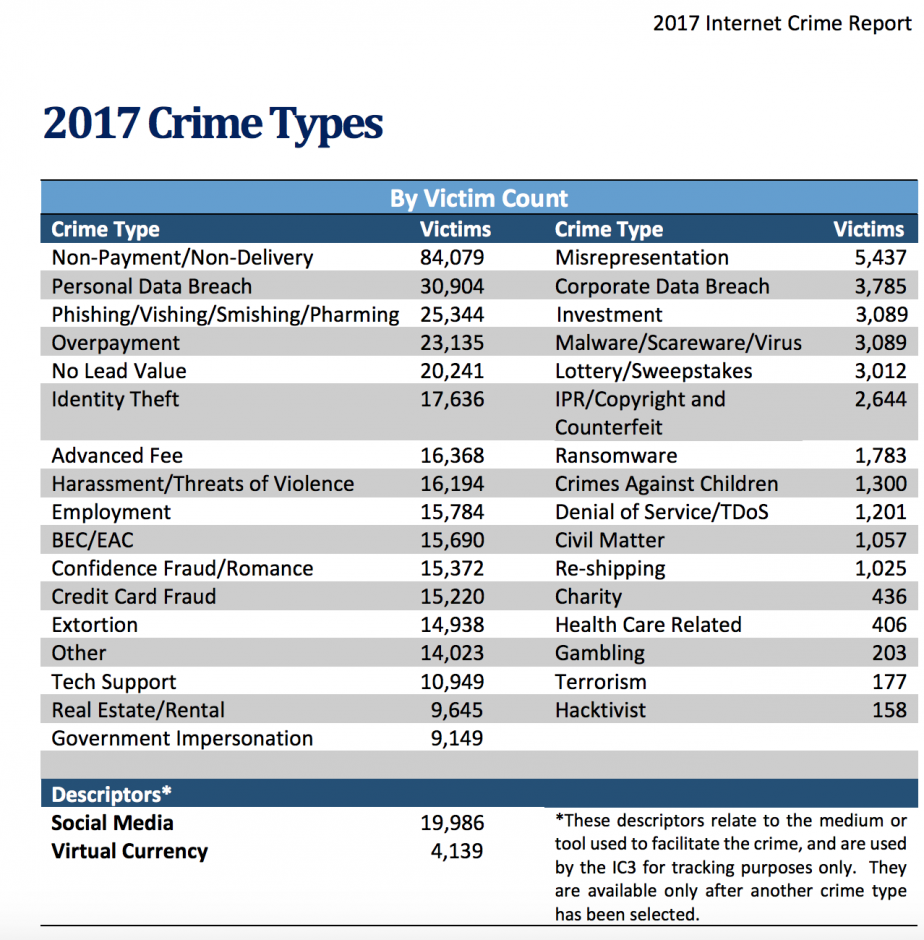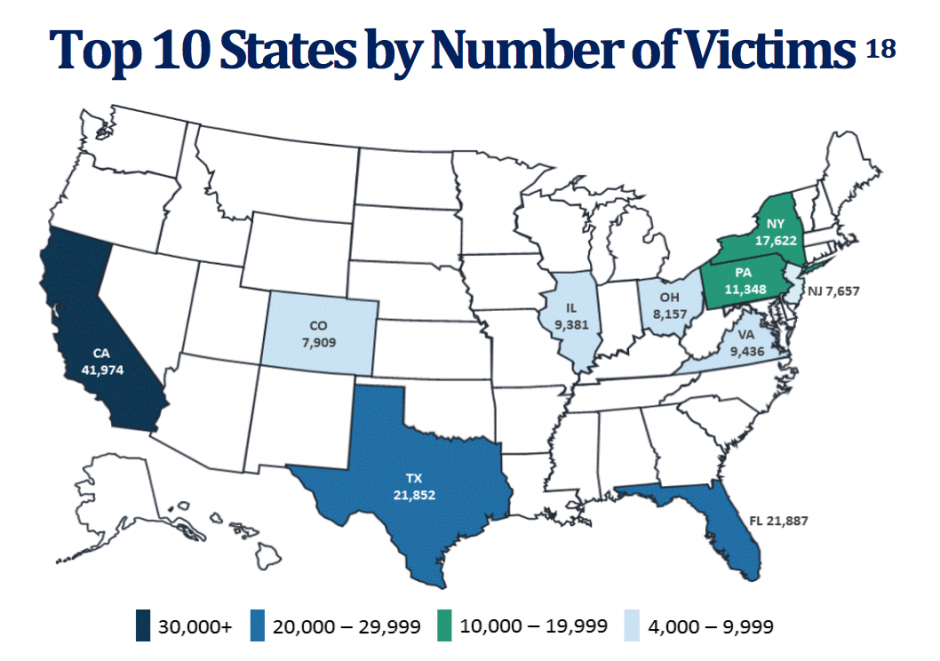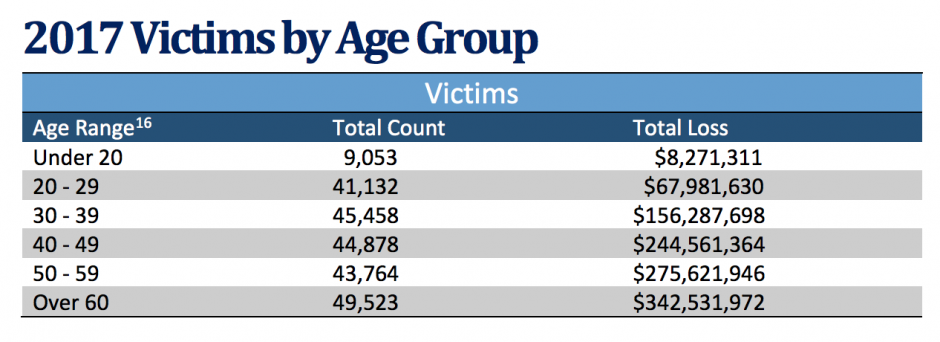SYRACUSE, N.Y. (NCC News)—Marci Erlebacher was traveling through an airport before a flight as part of a trip that took her cross country. As she was sitting there, she got a call from an Arizona number, she says. When she picked up, she was surprised to find out the call was from Social Security.
Or so it seemed.
“‘If you don’t call this number, there may be legal action taken against your social security number,’” Erlebacher said she heard the call say. “And I went, ‘what?’”
“You stop; you think,” Erlebacher said of the moment. “I consider myself pretty bright, and I stopped and thought about it for a second and then said ‘no.’ Then I quickly deleted it and blocked the caller.”
But this was not the last time Erlebacher got a call like this. She said she got another call claiming to be Social Security a few weeks later.
“This one at the end of the message said ‘have a blessed day.’ So I’m going ‘okay, there is no way this is Social Security.’ I kind of laughed and deleted it and blocked that caller,” Erlebacher said.
Yet, still, the calls claiming to be social security continued. Erlebacher then got a third call like this, she said, “which was so much more aggressive.”
“I’m going, ‘my god, this is how they do it. This is how they con these seniors,” Erlebacher said. “And it’s very easy to be conned. Let me tell you. Except for the second one that said ‘have a blessed day,’ they were very real the way it sounded.”
These calls are part of a nation-wide trend where scammers pretend to be an authority agency in attempt to steal someone’s personal information.
30,904 people reported a “Personal Data Breach” in 2017, the second-most-common type of reported scam incident that year, according to the FBI’s most-recent information. While it doesn’t list scam calls as a category, “Phishing/Vishing/Smishing/Pharming” is listed as the third-most-reported scam that year with 25,344 victims, and “Identity Theft” sits at number six with 17,636 reported victims.

Image Courtesy: FBI
And if you live in New York your chances of being the target of a scam are increased. The Empire State is listed as having the fourth-most scam victims in the country in 2017 with only California, Florida and Texas seeing more cases, according to the FBI.

Image Courtesy: FBI
Now in 2019, the Social Security Administration has released a public service announcement video, explaining that these scam calls do happen and that they are a threat.
“This call is from the Department of Social Security Administration.,” one version of the scam call goes. “The reason you have received this phone call from our department is to inform you that we just suspend [sic] your social security number because we found some suspicious activity. So if you want to know about this case, just press one. Thank you.”
Even a supervisor of the Social Security Administration in downtown Syracuse, Luis Sanfraco, said he has received these scam Social Security calls. He said “a bunch of other guys have been getting the calls, too, and [they] were talking [in the building] and getting worried.”
Erlebacher is the Executive Director of the Syracuse Jewish Community Center, and from her position, working with community members of all ages, she says older generations are the most vulnerable.
“Imagine if it was my mother who took this phone call. I guarantee you she would have been really nervous and would have probably called [back the scam number] and then maybe done what they asked or sent a check,” Erlebacher said.
And the stats back her up. The FBI data shows that complaints of being victimized by scams increased in correlation with age increasing in 2017 or at least stayed relatively consistent with similar age groups.

Image Courtesy: FBI
“Imagine if you’re frail. Imagine if you get a phone call like this, and you’re a frail senior,” Erlebacher said. “You’re going to be scared. I can absolutely understand that.”
“Before I got the calls myself, it was a little condescending. Like, ‘oh, come on. How could anybody fall for that?’” Erlebacher said. “And then I got it, and I saw myself for one second hesitate, going ‘wait, could this be real?”
This is why Cindy Stein, the Director of Adult and Senior Programming at the Syracuse JCC, said the JCC has hosted lectures and information sessions about the existence of these scams and might hold more soon.
Scammers look for opportunity, Stein said, such as in 2017 when new, legitimate Social Security cards were being issued without the full Social Security Number on it because people were stealing their personal information off them. As new cards were being issued, seniors got confused about the changes occurring and what they had to do, Stein said. Then scammers began making calls pretending to be the Social Security Administration, asking for their information, preying on the confusion of the card transition that was taking place.
At that time, the JCC brought in police officers and members of the post office to come and speak about how to avoid being scammed by phone, mail and other means. She says the JCC hosts “lunch-and-learns” once a month, and avoiding scams might be a topic discussed again soon.
While Erlebacher was easily able to block a caller’s number on the phone, senior citizens might use landline phones, which do not have that option. So, Stein suggests one tip to avoid being scammed that she says always works.
“Just ‘goodbye,’” Stein said. “There’s no information that you need to be giving out, period.”
The Social Security Administration website says valid requests for a Social Security number come from
- Credit card companies
- Cash transactions over $10,000
- Bank accounts and loans
- Applying for federal disability benefits
- Military paperwork, and
- The Department of Motor Vehicles
The SSA website also says that no one has to give his or her social security number if he or she does not want to.
As for the phone scams, the SSA says it is important to remember not to give out your personal information unless you were the one who initiated the call; don’t tell your social security number if someone calls you.
The SSA also recommends monitoring your credit to see if your Social Security Number has been stolen. The SSA says that unauthorized transactions on your credit could mean that someone is using your number.
Also, remember that anyone of any age can be affected by these scams, Stein said, not just seniors.
You can access the full FBI 2017 Internet Crime Report here.
You can report a scam to the FBI here.




